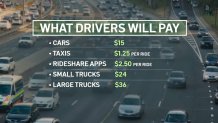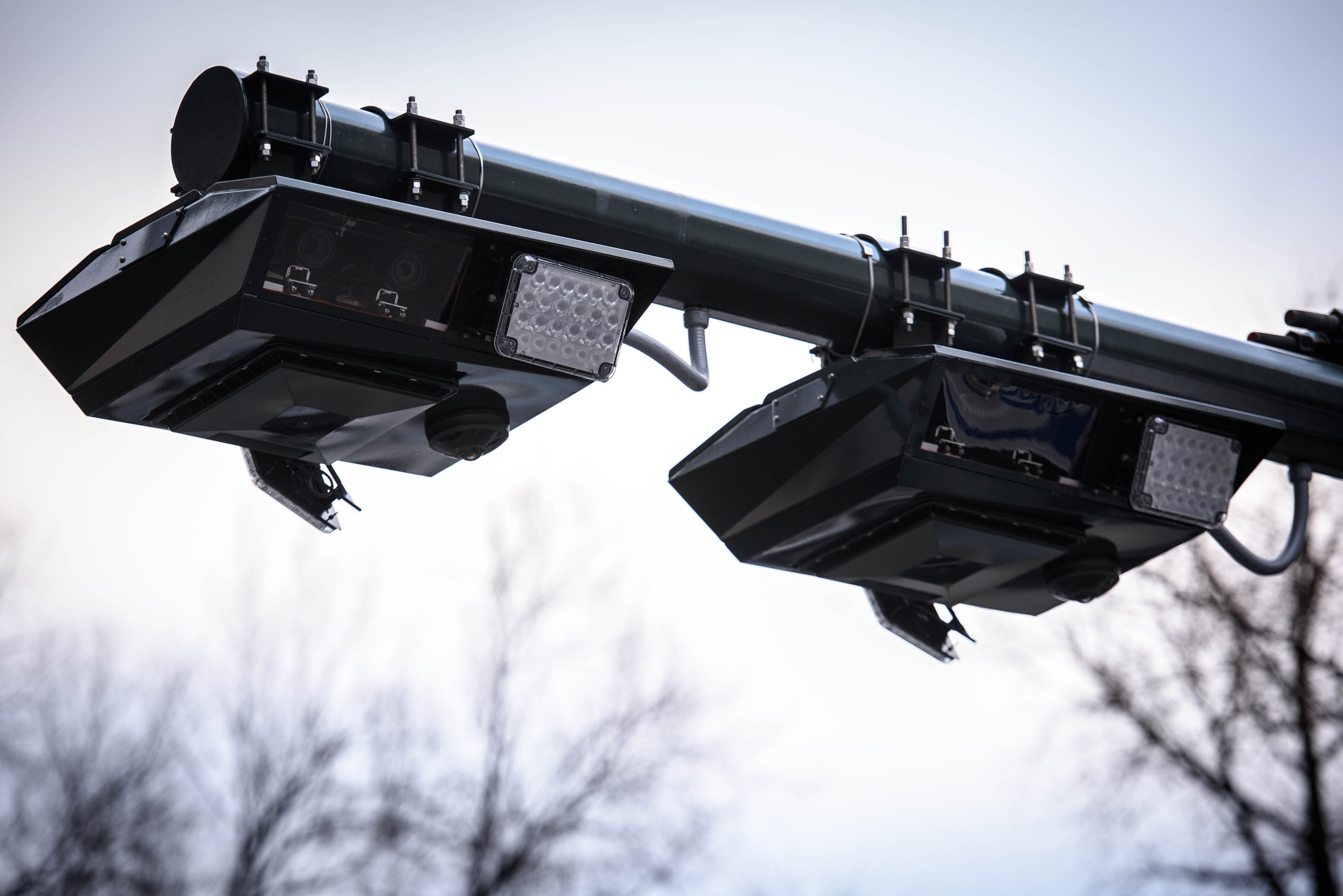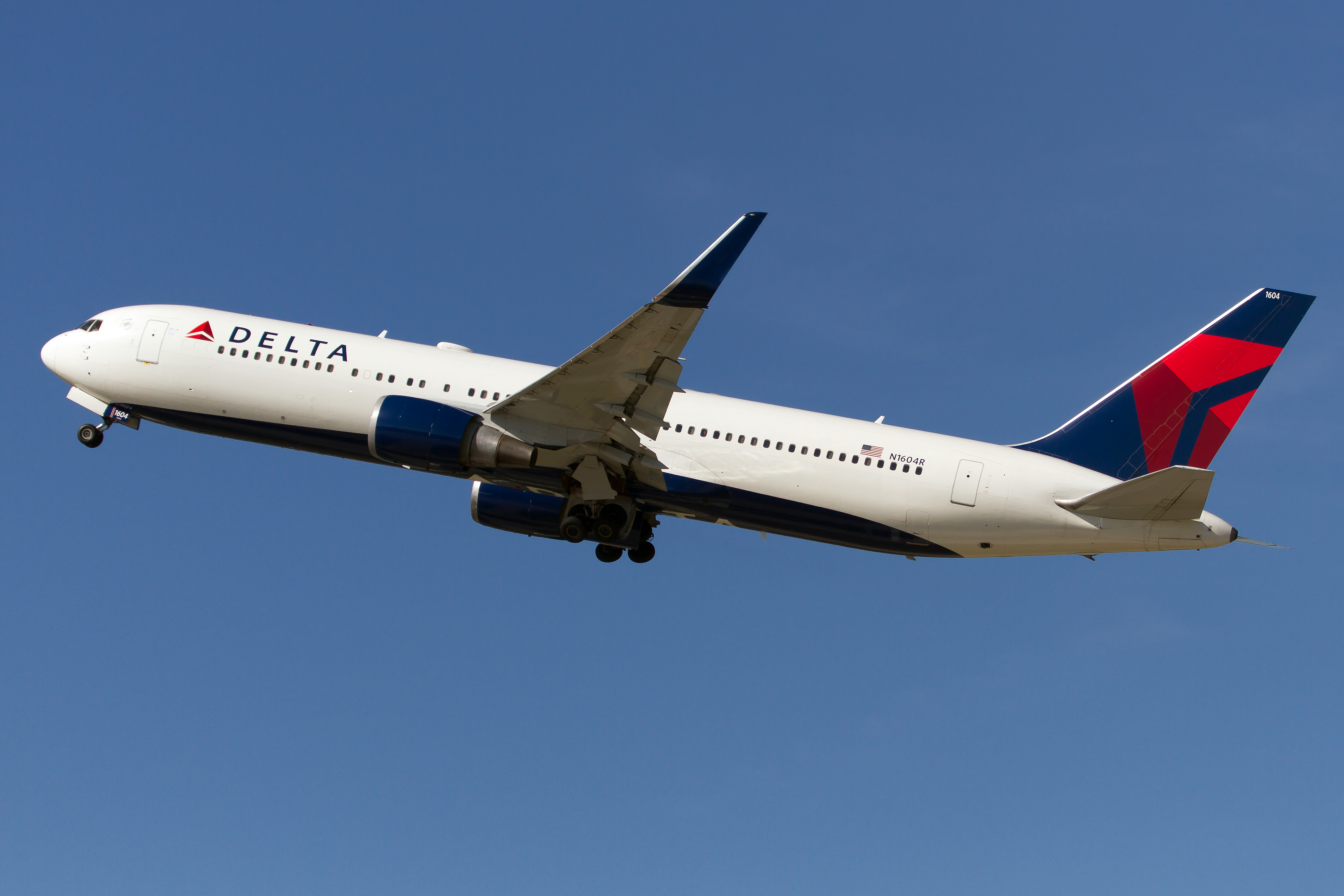What to Know
- A new group has joined the calls to halt the MTA's plan that would charge drivers to enter Manhattan below 61st Street. The NAACP on Friday announced that it is backing a federal lawsuit aimed against congestion pricing
- Congestion pricing would impact any driver entering what is being called the Central Business District (CBD), which stretches from 60th Street in Manhattan and below, all the way down to the southern tip of the Financial District
- Passenger vehicles would be charged $15, trucks would be charged anywhere from $24-$36 depending on size, and motorcycles would be charged $7.50
A final vote on New York City congestion pricing is fast approaching, and the plan is still set to take effect this summer — but not until it clears some legal hurdles that just got a little larger.
A new group has joined the calls to halt the MTA's plan that would charge drivers to enter Manhattan below 61st Street. The NAACP on Friday announced that it is backing a federal lawsuit aimed against congestion pricing.
"This is not fair, this is not right, this is an injustice," said Jasmine Robinson of the Staten Island NAACP chapter.
Get Tri-state area news and weather forecasts to your inbox. Sign up for NBC New York newsletters.
Even with a major lawsuit hanging in the balance, sources confirmed to NBC New York that the MTA is planning to get final board approval the last week of March. But a city teacher's union that is part of the lawsuit to block the plan said Friday that there is still time to avoid the first congestion toll in the nation, modeled after similar systems in Europe.
"This agency is just ready to flip a switch to get it done," said United Federation of Teachers President Michael Mulgrew. "You will be on the wrong side of history if you do not stop this process."
A judge will hear the groups' lawsuit in April, and a federal judge in New Jersey will hear another case to block the plan as well.
News
Public hearings earlier in March paved the way for the likely final vote on March 27. For their part, the MTA has insisted that they are merely implementing state law aimed at cleaning the air and modernizing mass transit — conditions a majority of commenters supported at those public hearings.
"We all know that the infrastructure has to be replaced. We need new trains and signals — congestion pricing at this point is the stream that provides the funding for those things," said New York City Transit Senior Vice President Demetrius Crichlow.
After an expected decision in May, tolling could begin as soon as June 15.
The MTA announced that 95% of its toll readers for its controversial congestion pricing program have already been installed and are ready to go, covering 104 of the planned 110 locations.
Cars will be charged an additional $15 to enter Manhattan at 61st Street and below, while trucks could be charged between $24 and $36, depending on size. As it stands, the collection readers are scheduled to go "live" on or about June 15.
The MTA board overwhelmingly voted to approve the measure in December, saying charging drivers to enter a large swath of Manhattan would contribute millions of dollars to the city's aging transit system.
The approval came after the Traffic Mobility Review Board delivered its report to the MTA on Nov. 30, laying out the general guidelines for the impending tolls, including costs, when certain prices will be in effect, who gets credits and more.
Here's a breakdown of everything that was approved in December, and what comes next in the process.
How does congestion pricing work? Who gets charged — and how much?
Congestion pricing would impact any driver entering what is being called the Central Business District (CBD), which stretches from 60th Street in Manhattan and below, all the way down to the southern tip of the Financial District. In other words, most drivers entering midtown Manhattan or below will have to pay the toll, according to the board's report.
All drivers of cars, trucks, motorcycles and other vehicles would be charged the toll. Different vehicles will be charged different amounts — here's a breakdown of the prices:
- Passenger vehicles: $15
- Small trucks (like box trucks, moving vans, etc.): $24
- Large trucks: $36
- Motorcycles: $7.50

The $15 toll is about a midway point between previously reported possibilities, which have ranged from $9 to $23.
The full, daytime rates would be in effect from 5 a.m. until 9 p.m. each weekday, and 9 a.m. until 9 p.m. on the weekends. The board called for toll rates in the off-hours (from 9 p.m.-5 a.m. on weekdays, and 9 p.m. until 9 a.m. on weekends) to be about 75% less — about $3.50 instead of $15 for a passenger vehicle.
Drivers would only be charged to enter the zone, not to leave it or stay in it. That means residents who enter the CBD and circle their block to look for parking won't be charged.
Only one toll will be levied per day — so anyone who enters the area, then leaves and returns, will still only be charged the toll once for that day.
The review board said that implementing their congestion pricing plan is expected to reduce the number of vehicles entering the area by 17%. That would equate to 153,000 fewer cars in that large portion of Manhattan. They also predicted that the plan would generate $15 billion, a cash influx that could be used to modernize subways and buses.
Do Uber, Lyft and other rideshares get exemptions? What about taxis?
There will be exemptions in place for rideshares and taxis, but much to their chagrin, they won't get away completely scot-free.
The toll will not be in effect for taxis, but drivers will be charged a $1.25 surcharge per ride. The same policy applies to Uber, Lyft and other rideshare drivers, but their surcharge will be $2.50.
New York Taxi Workers Alliance Executive Director Bhairavi Desai said in a statement that the plan is " a reckless proposal that will devastate an entire workforce."
Are there any other exemptions to congestion pricing tolls?
Many groups had been hoping to get exemptions, but very few will avoid having to pay the toll entirely. That small group is limited just to specialized government vehicles (like snowplows) and emergency vehicles.
Low-income drivers who earn less than $50,000 a year can apply to pay half the price on the daytime toll, but only after the first 10 trips in a month.
While not an exemption, there will also be so-called "crossing credits" for drivers using any of the four tunnels to get into Manhattan. That means those who already pay at the Lincoln or Holland Tunnel, for example, will not pay the full congestion fee. The credit amounts to $5 per ride for passenger vehicles, $2.50 for motorcycles, $12 for small trucks and $20 for large trucks.
Drivers from Long Island and Queens using the Queens-Midtown Tunnel will get the same break, as will those using the Brooklyn-Battery Tunnel. Those who come over the George Washington Bridge and go south of 60th Street would see no such discount, however.
Public-sector employees (teachers, police, firefighters, transit workers, etc.), those who live in the so-called CBD, utility companies, those with medical appointments in the area and those who drive electric vehicles had all been hoping to get be granted an exemption. But neither the MTA nor the Traffic Mobility Review Board included any such exemptions for those groups.
So what comes next, and when will the tolls go into effect?
As for when the plan could go into effect, the MTA has maintained that the goal is to start charging the toll in late Spring 2024. But it's likely that will be delayed a bit.
Four public hearings will be held, starting Thursday, as part of a 60-day public response period. The last of those hearings is March 4. Any possible tweaks to the plan (like Mayor Eric Adams' request for more exemptions, for vehicles such as taxis) could be added before a "final" vote later in March or in April.
That would mean the earliest the tolls would go into effect would be late June 2024, at this point.
There had been fears of a toll as high as $23, but Lieber previously poured cold water on that idea, saying MTA board members were "trying to keep it well lower than that." He added that in order to keep the standard toll price low, the transit agency would have to keep the number of exemptions low as well.
Any one of the lawsuits filed against congestion pricing could also bring the plan screeching to a halt, depending on how the judges rule. Many of the challenges focus on the environmental impacts of the plan, though proponents have said it will help cut down on emissions.
Lieber said it's "highly probable" the transit agency will prevail in the lawsuits filed on both sides of the Hudson River, both in New Jersey and in the city, which would give them the green light to begin the program sometime in June barring a surprise ruling from a judge.



